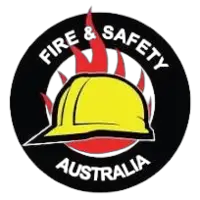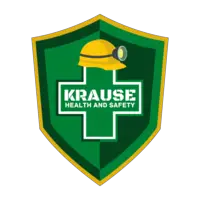
This role has a high level of AI exposure. While some human skills are required, many tasks could be automated or replaced by new technology.
Explore all careersA Facilities Manager oversees large facilities, ensuring safety, compliance, operations, and services while managing promotions, events, and admin tasks.
Get qualified to work as a Facilities Manager with a course recognised across Australia. Speak to a training provider to learn more.















In Australia, a full time Facilities Manager generally earns $2,413 per week ($125,476 annual salary) before tax. This is a median figure for full-time employees and should be considered a guide only. As you gain more experience you can expect a potentially higher salary than people who are new to the industry.
 Courses.com.au Team
Courses.com.au Team
In Australia, there are 17,000 people working as a Facilities Manager and this number has increased recently. Five years ago there were 15,200 people in this profession. Facilities Managers work in all areas of Australia where there are large private or community facilities.
Source: Australian Government Labour Market Insights
 Courses.com.au Team
Courses.com.au Team
A Diploma of Property Services (Asset and Facility Management) is a great course to look into if you want a career as a Facilities Manager. This course generally takes two years and addresses topics such as business administration, project management and contract law.
 Courses.com.au Team
Courses.com.au Team
Browse occupations related to Facilities Manager



Facilities Manager courses in Melbourne are designed to equip aspiring professionals with the essential skills and knowledge needed to thrive in this dynamic field. With a total of 17 courses available, learners can choose from options suitable for both novice and experienced individuals. Among the beginner courses, the Residential Property Management CPPSS00066 and Lead an Emergency Control Organisation PUAFER006 are particularly popular, helping learners gain a strong foundation in key areas related to facilities management. Furthermore, advanced learners can benefit from the Diploma of Facilities Management 10938NAT to enhance their qualifications and career prospects.
Melbourne is home to reputable training providers that deliver these Facilities Manager courses, ensuring quality education and industry relevance. For instance, MA Training Academy offers the Lead an Emergency Control Organisation course, while WAMT provides training for Operate as Part of an Emergency Control Organisation. Choosing a course from a local Registered Training Organisation ensures that you receive a credential recognized by industry standards, which is vital for securing employment in facilities management.
In addition to completing Facilities Manager courses in Melbourne, individuals may also want to explore related job roles that could enhance their career trajectory. Options such as Property Manager and Real Estate Agent are closely aligned with facilities management duties and can provide valuable experience. For those aiming for higher responsibility, roles such as Building Manager and Facilities Coordinator might be ideal career progression paths after completing relevant training.
For individuals interested in the broader context of facilities management, exploring associated fields such as Real Estate and Property Management can provide additional insights and opportunities. The comprehensive offerings of Facilities Manager courses in Melbourne not only prepare learners for the demands of the industry but also position them strategically in the job market. With the right training, professionals can expect to build successful careers in this essential sector, impacting various industries across the city.